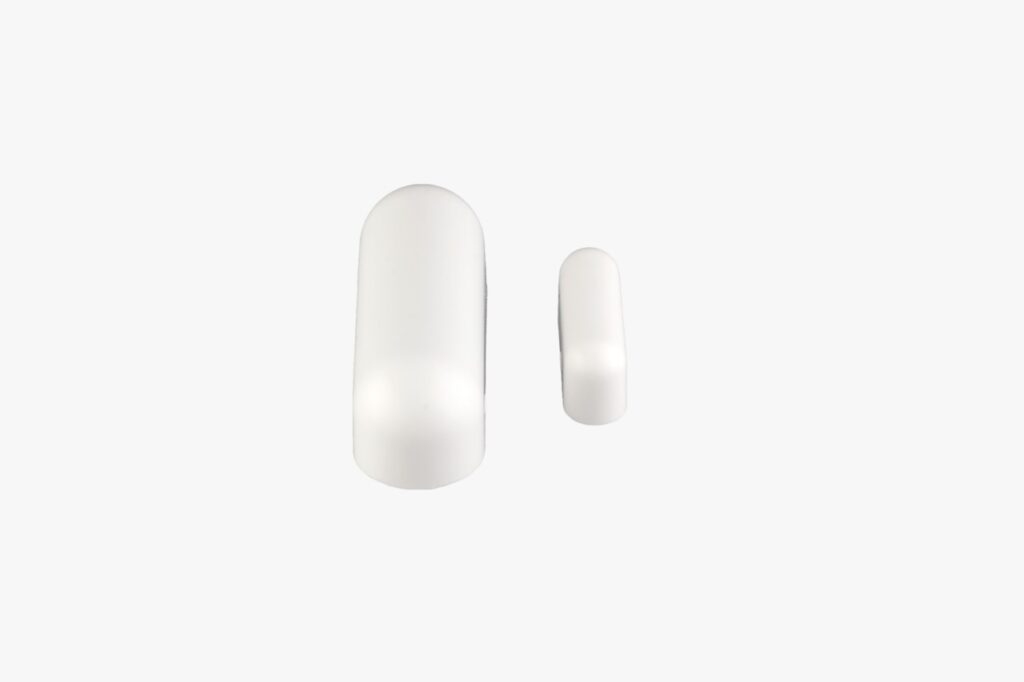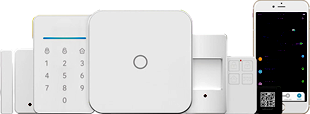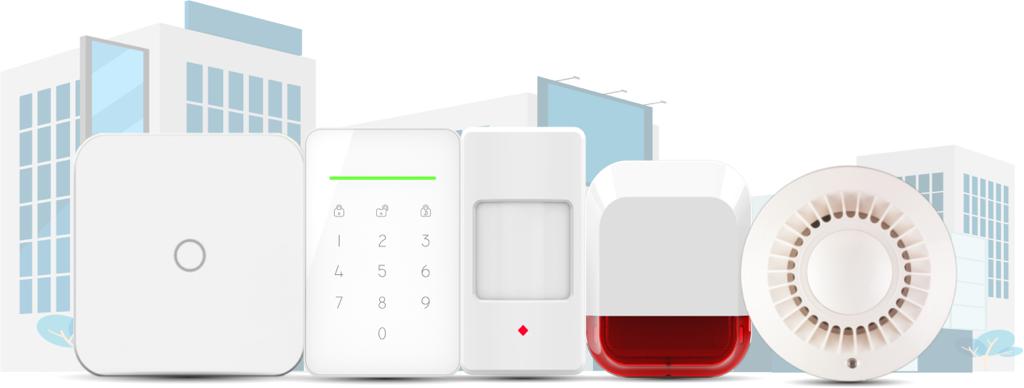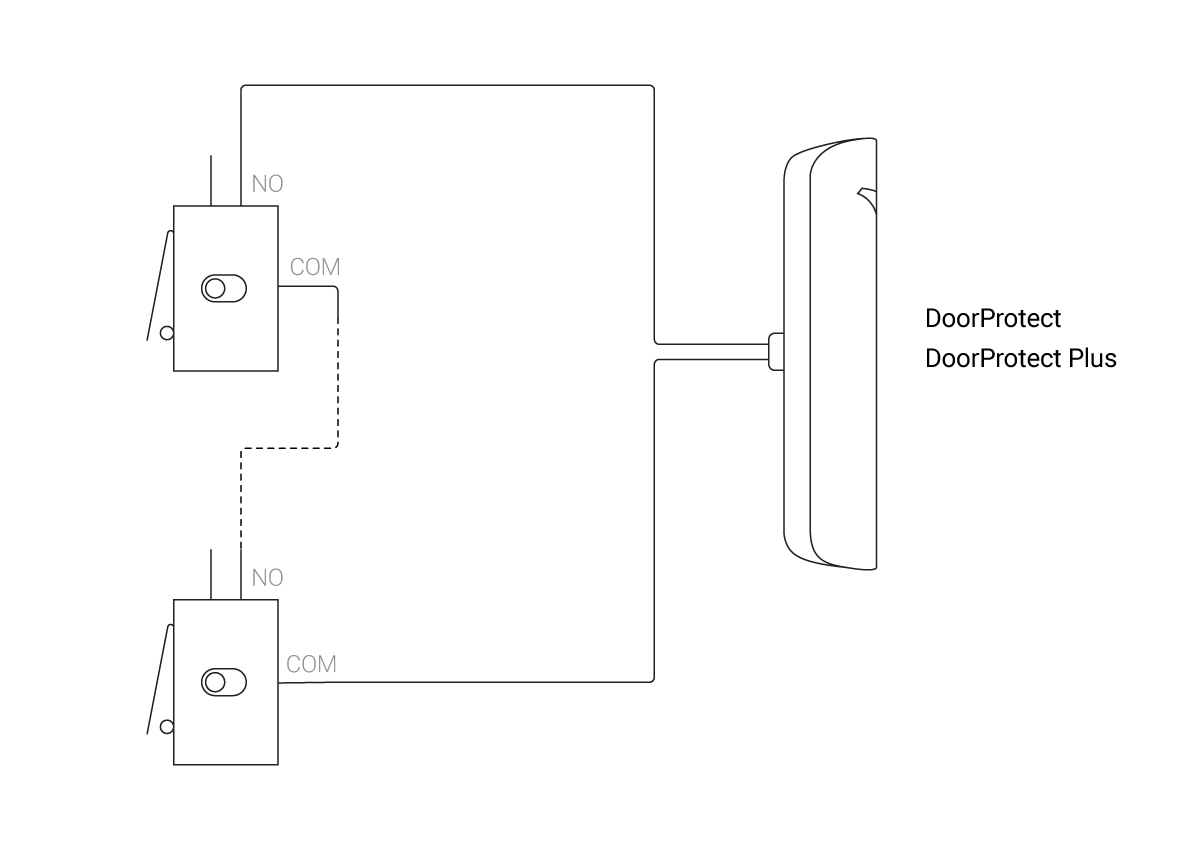What is and How Does a Door Sensor Work?
May 29, 2020
What is and How Does a Door Sensor Work?. Door and window sensors sound an alarm when someone opens a door or window to your home. But if a burglar were to break into your home by smashing a window—instead of forcing it open—the window sensor wouldn’t trigger.
Glass break detectors complement door and window sensors by monitoring sound or vibration. When they detect the frequency of shock waves associated with glass shattering, they sound an alarm. These devices are great additions to home security because they can remain armed all the time, unlike motion detectors, which must be turned off when you or your family are at home

The Science Behind Glass Break Sensors
Glass break detectors are ideal to use in rooms with large windows and sliding doors. The detector is a small device you attach on or near your windows. Like a motion sensor, the range is limited, so you’ll likely want multiple glass break detectors for your home.
There are two main types of glass break alarms. The first type features shock sensors, which monitor for the vibrations of breaking glass. These are generally mounted directly on the windows they’re monitoring. It’s worth noting that these types of detectors can sometimes set off false alarms, as a door slamming could mimic the same vibrations of glass breaking.
If you’re worried about false alarms, you can opt for a glass break detector that relies on acoustic sensors instead. A small microphone listens for the specific frequencies of breaking glass. If a burglar were to break through a window, the detector would pick up on the high-pitched shattering sound to trip the alarm.
Adjusting Device Sensitivity
When considering glass break detectors, many people worry about triggering false alarms if they accidentally break a glass plate or are watching an action movie. Potential false alarms are why you should test and adjust sensitivity levels when you first install your glass break detectors.
Even after testing, there’s always the chance of a false alarm, so you may want to avoid placing glass break detectors in the kitchen or near your television, where other shattering noises are likely to be loudest.
Wondering what home security companies offer glass break detectors? Check out the link Best Security Alarm System. If you’re worried about false alarms, you can opt for a glass break detector that relies on acoustic sensors instead. A small microphone listens for the specific frequencies of breaking glass. If a burglar were to break through a window, the detector would pick up on the high-pitched shattering sound to trip the alarm.











 Cart (9)
Cart (9)